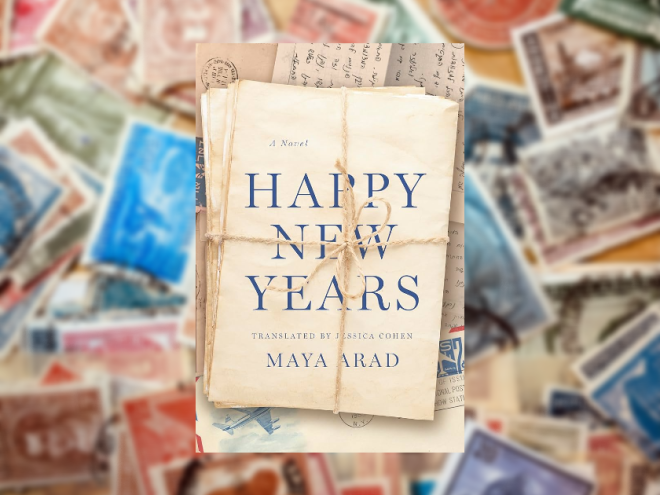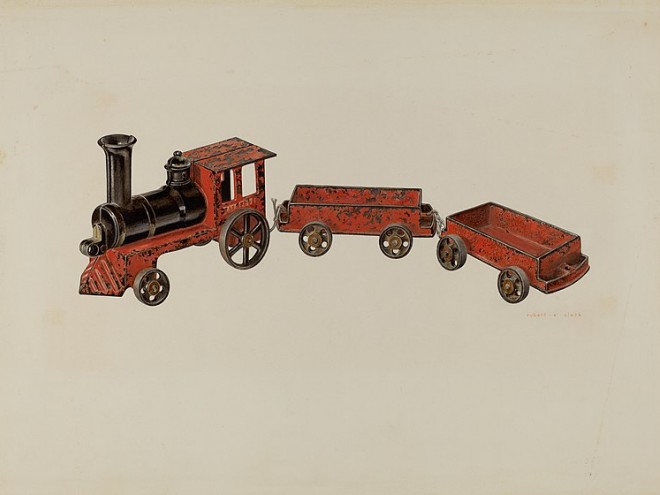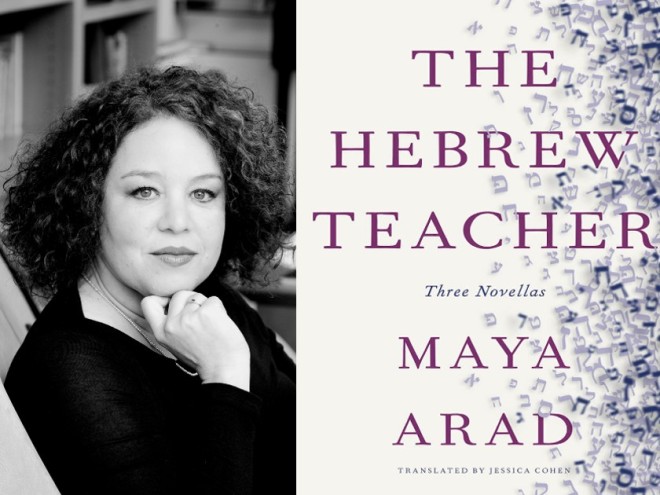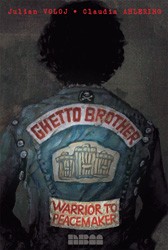Born in Romania, her formative years spent in Israel, Leah Zuckerman is a hardscrabble emigrant in the United States — and a frequently exasperating, sometimes unreliable, occasionally sympathetic, but always highly entertaining guide to her roller-coaster of a life. Through her annual Rosh Hashanah greetings to a circle of old acquaintances from her Teacher College days and her decidedly more revealing letters to Mira, a confidant with whom she shares a troubled history, Leah draws us into a life which, if not always well lived, is certainly lived to its fullest. Over a span of fifty years, Leah’s character flaws and fateful choices sometimes make us cringe in dismay, yet somehow we are always moved to root for her. Slyly titled, brilliantly constructed, and richly multilayered, Happy New Years delivers as sophisticated a portrait of a woman’s struggle to achieve fulfillment as one could hope for from the author of the splendid novella collection The Hebrew Teacher.
When reading Leah’s early letters from America, it is sometimes tempting to be dismissive of her cliched language as she plots her ambitious pursuit of her “American Dream.” But as that dream begins to wither under the onslaught of stifling realities, a more complex appreciation of her motivations and sometimes desperate choices emerges. Abandoning her early career as a Hebrew teacher and aspiration to serve as a bridge between Israel and the local Jewish community, Leah bounces from career to career — at one low ebb, shilling for Tupperware, and at her pinnacle,selling million-dollar homes as a realtor. As one romantic or financial scheme falls apart after another, we can’t help but marvel at both the protagonist’s dizzying capacity for reinvention and her regrettable capacity for self-delusion. We follow her through successive marriages and relationships with very different men and her growing anxiety for her two sons: Ari, a substance abuser, and Yonatan, who frustrates her with his lack of interest in women.
When rumors circulate in Israel about her infidelities and divorce and Leah senses her old friends withdrawing from her, she struggles to control the narrative and overcome her sense of isolation. At a certain point, the reader becomes aware of a more subtle story Arad is telling us about the ways women judge, and misjudge, one another. We are not always sure who or what to believe, yet through Arad’s intricate use of innuendo and deflection we learn to read between the lines. Leah is undoubtedly most herself when writing exclusively to Mira, “my Wailing Wall, taking in all my secrets and wishes.” As the years pass, a pervasive sense of melancholy beneath the happy chatter begins to take hold, but other qualities emerge as well: Leah’s tenacity, resilience, endless energy, and unadulterated confidence in herself. Even when we perceive the growing gaps between self-delusion and reality as Leah’s romantic and materialist dreams come crashing down, we come to appreciate her stubborn attachment to others, very much the embodiment of E. M. Forster’s admonition “Only connect!”
An ingeniously crafted narrative, Happy New Years is a genuine tour de force; thrumming with haunting immediacy, it proves as endlessly inventive as Leah herself. Without any spoilers, it’s perhaps worth noting that in a final letter, filled with degrees of remorse but also hard-won self-knowledge, both Leah and the reader come to understand the past in a startlingly different light. This newfound layer of comprehension brings even greater meaning to the bond she forms with Yonotan’s daughter. Leah’s belated reconciliation with Yonatan and acceptance of his sexuality adds another important layer. A poignant posthumous afterword, a tender collaboration between Leah’s son Yonatan and granddaughter, Ella, delivers still other surprises so that, up until the remarkable conclusion, the twists and turns of Leah’s life continually take on fresh meanings. In Man Booker International Prize recipient Jessica Cohen’s agile colloquial rendering, the full force of Leah’s tumultuous and resilient life force shines through. Arad’s Happy New Years is a triumph of the epistolary form and a profoundly incisive rendering of gender politics past and present. The bittersweet life of her extraordinary protagonist will surely linger with readers well beyond the final page.
Ranen Omer-Sherman is the JHFE Endowed Chair in Judaic Studies at the University of Louisville, author of several books and editor of Amos Oz: The Legacy of a Writer in Israel and Beyond.





